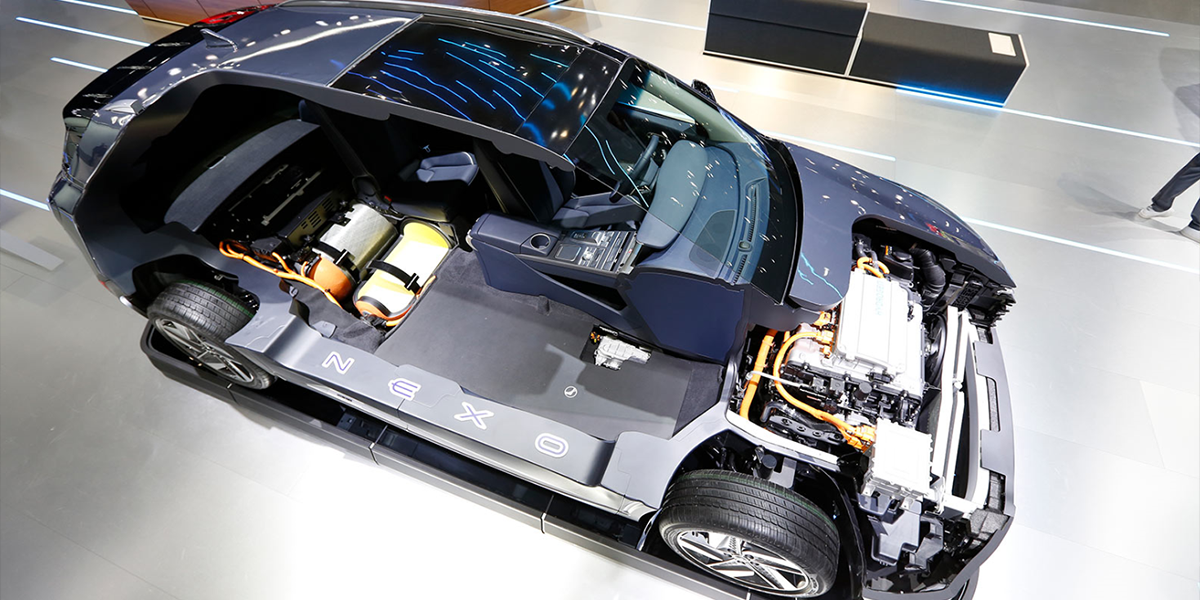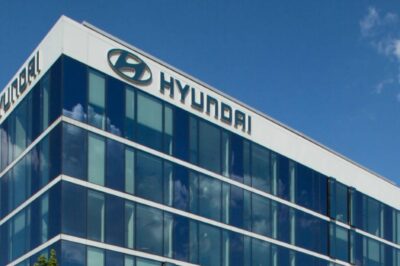South Korea forms HyNet for hydrogen charging
The South Korean Ministry of Trade, Industry and Energy has formed a special purpose company called HyNet to lead construction of hydrogen charging infrastructure. The 13 companies involved have together invested 135 billion won (118.7 million USD).
HyNet has the task of building 100 hydrogen charging stations by 2022, accounting for one-third of the Korean government’s target to build a total of 310 stations throughout the country. The Korean government recently launched a new plan to build up the country’s hydrogen economy.
Following the largest shareholder, Korea Gas Corp, is Hyundai Motor as the second largest shareholder in HyNet. Hyundai has itself introduced a hydrogen roadmap called “FCEV Vision 2030”, for which both Hyundai and Kia plan to increase their annual production capacity for fuel cell systems from what is currently 3,000 units, to 700,000 units by 2030. Hyundai’s hydrogen economy covers more than just automobiles: while 500,000 of these are planned for use in passenger cars and commercial vehicles, the remaining 200,000 for other applications. Here Hyundai intends to profit from corresponding opportunities beyond transport markets such as fuel cell technology in power generation and storage systems, a rapidly emerging market.
The cost of building a single hydrogen charging station has been one of the major obstacles to kickstart the industry. The South Korean Environment Ministry will support the project with subsidies of 1.5 billion won (1.2 million euros) per new station. According to media reports, industry insiders already expect that the estimated investment volume for the construction of an H2 station can be reduced from 3 to 2 billion won (2.4 to 1.6 million euros) given that the involved companies include fuel cell vehicle manufacturers, hydrogen suppliers and charging installation companies, all of whom can share technological expertise.
As far as the H2 charging network is concerned, the number of locations is to increase from 14 last year to 310 by 2022 and to 1,200 by 2040. In January this year, President Moon Jae-in Moon said that “A hydrogen economy is a revolutionary transition in industrial structure, in which the energy source is changed from coal and oil to hydrogen.” Specifically, the government expects that the promotion of the hydrogen economy by 2040 can create 43 trillion won (almost 34 billion euros) in economic value as well as 420,000 jobs.





0 Comments